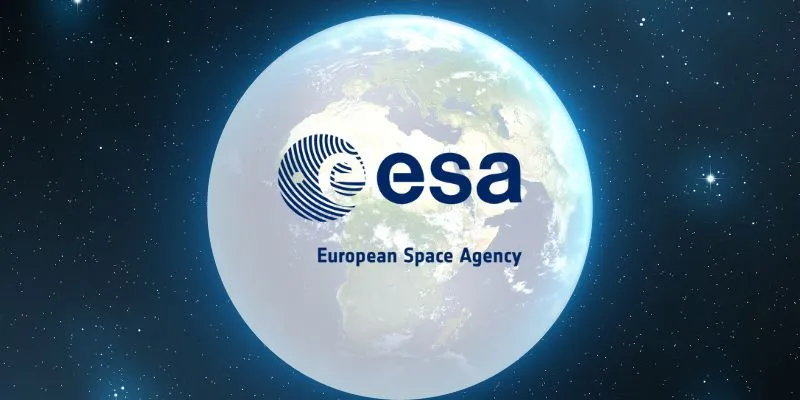The European Space Agency (ESA) has selected five promising rocket startups for the next phase of its prestigious Launcher Challenge.
The goal: secure independent access to space for Europe and enhance technological sovereignty in a rapidly evolving global market.
This move shifts Europe away from reliance on international launch providers, particularly in the wake of recent disruptions and market uncertainties.

The European space industry just turned a fresh corner—one marked by innovation, new funding, and a drive for independent launch capabilities. On July 7, 2025, the European Space Agency (ESA) unveiled the winners of its highly anticipated European Launcher Challenge, singling out five startups that stood out among a crowded field of contenders.
The five selected startups are anything but rookies. Each brings its own unique approach to the technical and commercial challenges of space access:
Isar Aerospace and Rocket Factory Augsburg (RFA), both from Germany, are pushing forward with next-generation small launch vehicles, aiming to make orbital launches more frequent—and reliable—on European soil.
Maiaspace (France) is working to introduce a reusable rocket that promises to shake up cost efficiency in the sector.
PLD Space (Spain) has already marked achievements with its Miura rockets and is moving toward their first full orbital launch.
Orbex (UK) is designing environmentally friendly microlaunchers, emphasizing sustainability alongside rocket performance.
These companies now move forward in the competition for direct ESA support, each potentially gaining up to €169 million to refine, test, and scale their launch vehicles. The opportunity isn’t just about funding—it’s validation from Europe’s leading space authority and a chance to secure contracts offering launch services for ESA missions between 2026 and 2030.
For years, Europe’s satellite launches have leaned heavily on outside service providers, notably SpaceX. However, geopolitical pressures and increasing global demand have highlighted the risks of dependency. The new ESA initiative specifically aims to diversify European options and cultivate a robust internal market for launch services.
The support package is not only about building rockets—it’s also a pledge to maintain Europe’s commercial and military security in space. This comes at a time of escalating global investment in space tech and heightened focus on both the economic and strategic value of space access.
Getting through the first phase is just the beginning. The selected teams face tough technical validators in the next rounds, where they must demonstrate progress on their rocket development and readiness to carry real ESA payloads.
The competition will continue through 2026, culminating in launch contracts that could power Europe’s ambitions for years to come. This round of funding and attention may also inspire new entrants, intensifying the ongoing European space race.

Editorial Team
futureTEKnow is a leading source for Technology, Startups, and Business News, spotlighting the most innovative companies and breakthrough trends in emerging tech sectors like Artificial Intelligence (AI), Robotics, and the Space Industry.
Discover the companies and startups shaping tomorrow — explore the future of technology today.

Generative Bionics, an Italian spin-out from IIT, is building Physical AI–powered humanoid robots to tackle labor gaps and modernize industrial

This article explores 10 AI-driven supply chain optimization companies to watch in 2026, highlighting how their platforms improve forecasting, logistics,

AWS frontier agents introduce a new era of autonomous AI coders that can build, secure, and run applications for days

Explore the cutting-edge ways AI is enhancing Lean Six Sigma, from real-time process insights to predictive controls, ushering in a

Facing supply chain challenges in 2025? High-performing teams leverage AI for risk management, demand forecasting, supplier analytics, and end-to-end visibility

Craft an AI-powered supply chain Center of Excellence that unifies control tower visibility, analytics, and inventory optimization into one strategic

Supply chain leadership is being redefined by AI, intelligent automation, and agentic decision-making, demanding leaders who can engineer end-to-end intelligence

WisdomAI has closed a $50M Series A led by Kleiner Perkins and Nvidia’s NVentures to turn fragmented enterprise data into

Dutch agri-tech startup Saia Agrobotics has raised €10M to expand its greenhouse automation system using AI-powered robots that make farming

Bridgit Mendler’s Northwood Space is pioneering mass-produced ground stations, enabling scalable, high-speed connectivity for the new era of satellite networks

SpaceX aims to nearly double launches from Vandenberg in 2025, facing support from federal agencies but strong objections from the

Traditional Medicare will pilot AI-assisted prior authorization in 2026 across six states, focusing on high-risk outpatient services. Clinicians retain final